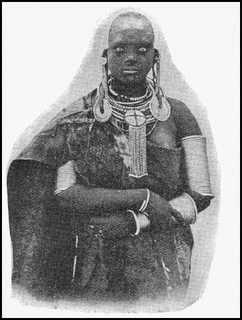
Things fall apart at various levels in Chinua Achebe's novel 'Things Fall Apart'.
A very powerful story that thematically crosses chronological and national boundaries. Set in Africa, amid the Umuofia clan of the Igbo tribe, the novel lays bare the catastrophic impact of British Colonialism on the ancient culture of the Igbo tribe.
Okonkwo the chief protagonist embodies the passion, the courage, the wisdom, the loyalty, and the machismo of his people. He's a staunch follower of his culture and will not let anything or anyone stand in his way of following it, not even his own blood. Achebe focuses on the Igbo culture by his vivid portrayal of their daily life as also their ritualistic observances.
This novel, though written way back in 1959, still features on the reading list of many academic institutes across the country. It is the underlying theme of this piece; the impact of imposing foreign values on a people who were otherwise living out a lifestyle they were comfortable with, that lends such universality and current day relevance to the novel. A theme that has been reenacted innumerable times in history, and is at this very moment being enacted in Iraq where the western world is trying to establish a form of government the Iraqis are not ready for; a foreign people deciding what is right for a people and a land that is completely alien to them and one they've never lived within! History has many examples of intrusions and occupations by colonists who believed theirs was the 'civilized' way and took it upon themselves to teach and change the natives, 'savages', of various nations to their way of living. In retrospect, it is the colonists that appear narrow visioned, intolerant, and less adaptable as compared to the natives of the lands the colonists occupied, and eventually destroyed, by calculatedly wiping out the native cultures of the local inhabitants.
Achebe's novel is powerful due to its simple and direct presentation of the collateral damage that colonialism brought to both the occupier and the occupied; the occupied who was deprived of an age old culture and his independent lifestyle, and the occupier who was transformed into a racist being with a unilateral vision of civilization.





